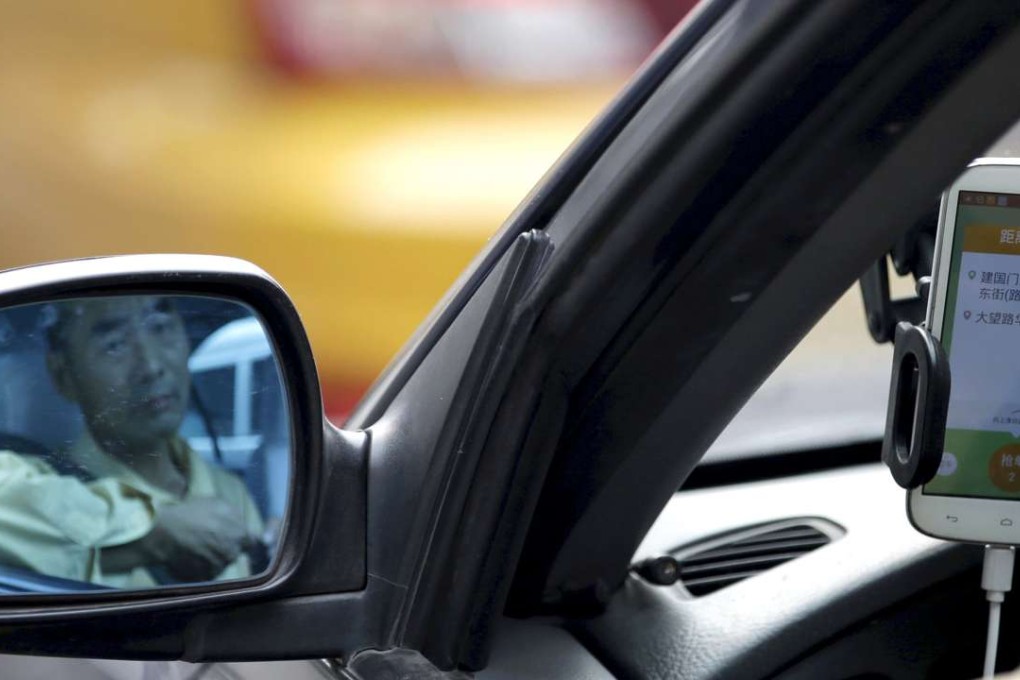Uber sells Chinese business to rival Didi Chuxing after bitter fight for supremacy
After spending billions in investment to compete for drivers and passengers, Uber cedes to China’s largest car-hailing service

Didi Chuxing, the dominant Chinese operator of car-hailing services, is taking over Uber’s China operations, in a deal that strengthens its market share on the mainland and possibly gives it a toehold to expand abroad.
The takeover will see San Francisco-based Uber own 5.9 per cent of the combined company, with preferred equity interest equivalent to 17.7 per cent of Didi.
Baidu and other Chinese shareholders will receive 2.3 per cent interest in the company, said Didi, which did not disclose further financial terms of its investment in Uber.
Uber will continue to operate under a separate brand in China after the takeover, according to Didi, which will count Baidu, Alibaba Group, Tencent Holdings and Apple as shareholders after the deal. Alibaba is the owner of the South China Morning Post.
The consolidation in the car-hailing industry in China, where more than 96 million people shared or hailed rides through mobile applications last year, comes less than a week after the country’s transport authority released long-awaited regulations to legalise ride-hailing services, giving local governments the discretion to allow these services to compete with licensed taxis within city limits.
“Investors in both Didi and Uber are keen to put an end to the cash-burning competition in China, and the sooner they turn profitable, the better,” Forrester Research senior analyst Wang Xiaofeng said.